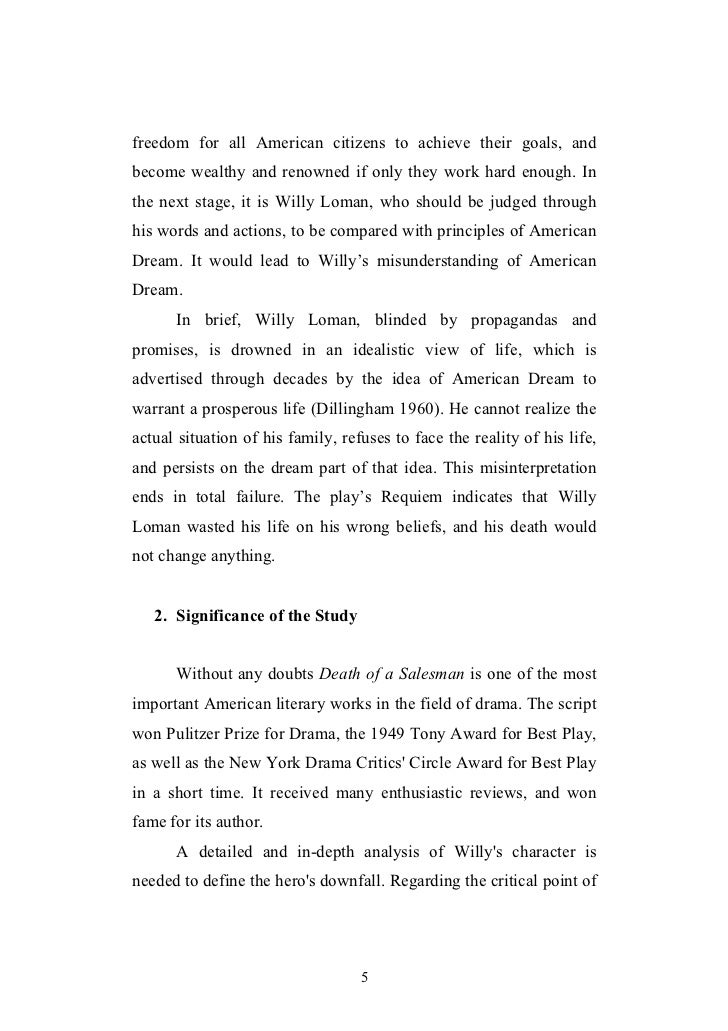
In the final scene of the play, Willy tragically takes his own life, leaving his family to come to terms with the loss and their own feelings of failure and disappointment.ĭeath of a Salesman is a powerful and poignant play that speaks to the universal human experience of struggle, disappointment, and the search for meaning and purpose in life.

He becomes convinced that he must commit suicide in order to provide for his family and ensure their financial security.

Willy's disappointment in Biff's failure to live up to his potential is a reflection of Willy's own unfulfilled dreams and desires.Īs the play comes to a close, Willy's mental state deteriorates even further. Biff, in particular, is a source of frustration for Willy, as he has not lived up to the expectations Willy had for him. One of the most poignant moments in the play is when Willy's two sons, Biff and Happy, come to visit him. He becomes increasingly erratic and delusional, struggling to differentiate between reality and his own fantasies.

He becomes more and more obsessed with the idea that he must be successful in order to be loved and respected by his family and society. His wife, Linda, tries to comfort him, but Willy is consumed by his own sense of failure and is unable to shake off the feeling that he is a "phony."Īs the play progresses, we see Willy's mental state deteriorate. He is deeply troubled by his lack of success and feels that he has let himself and his family down. The play is a powerful exploration of the human condition and the effects of the American Dream on an individual's psyche.Īt the beginning of the play, we see Willy Loman returning home from a failed business trip. Death of a Salesman is a 1949 play written by Arthur Miller that tells the story of Willy Loman, a middle-aged salesman struggling to come to terms with his own failures and disappointment in life.


 0 kommentar(er)
0 kommentar(er)
